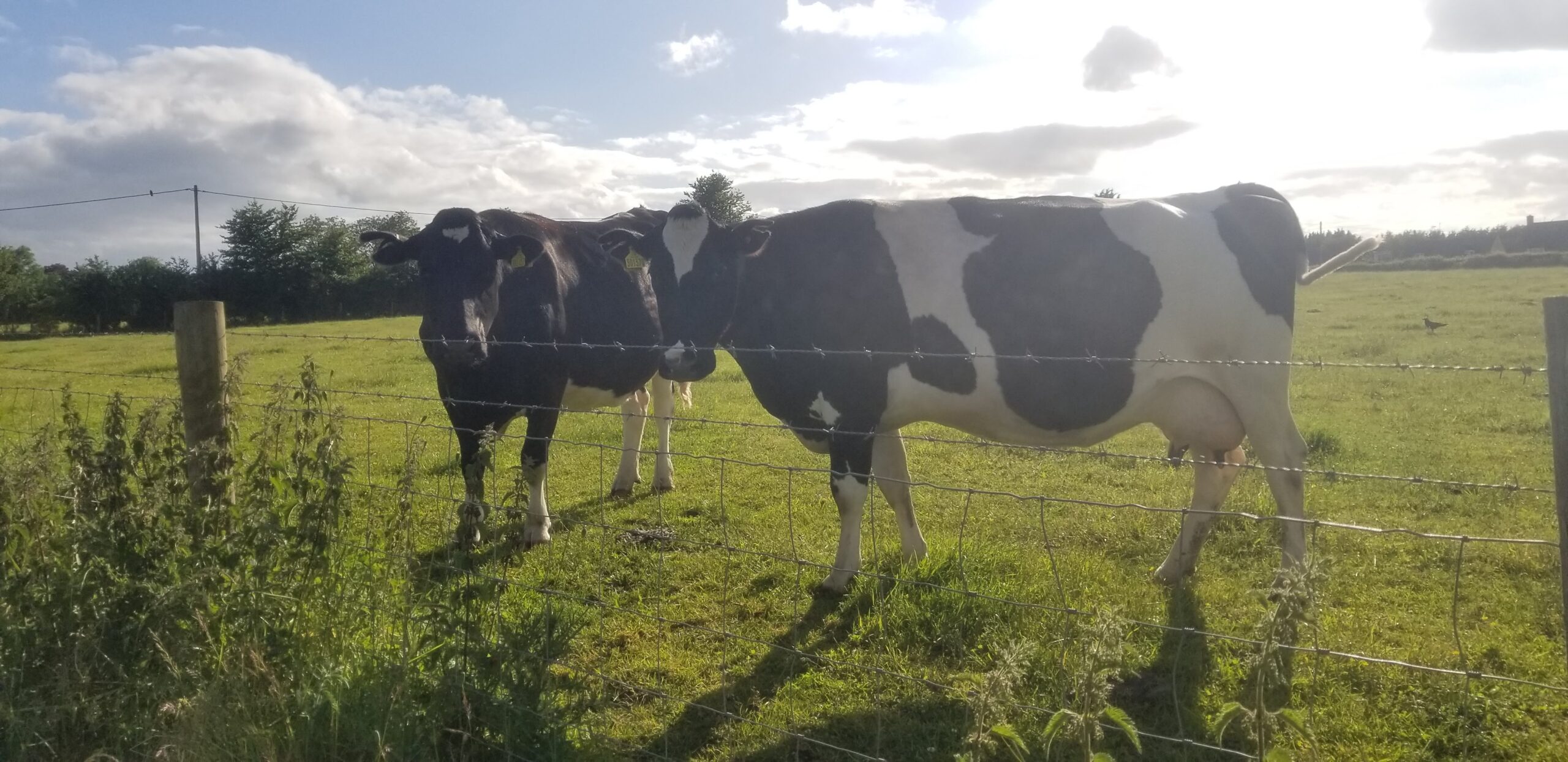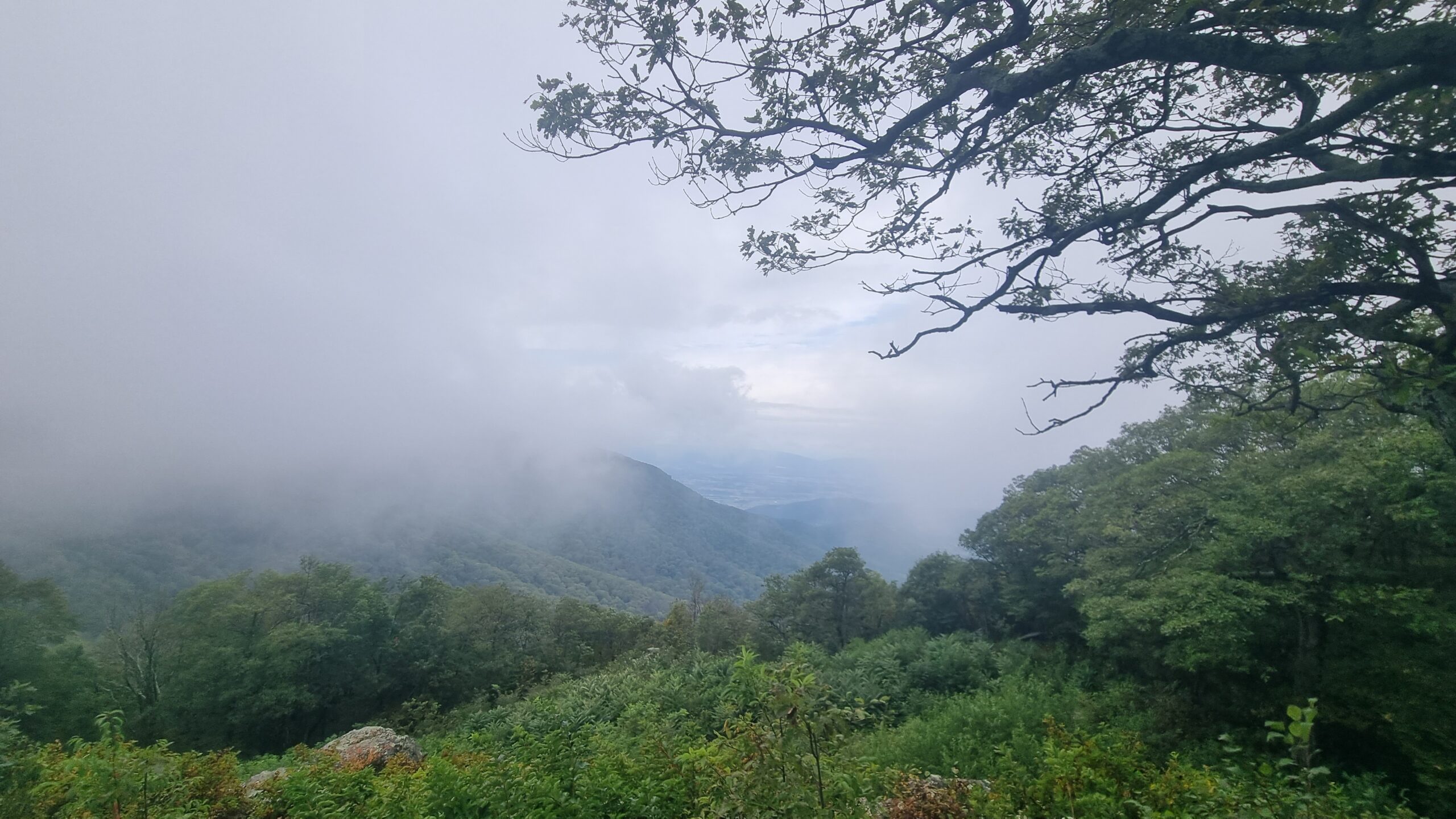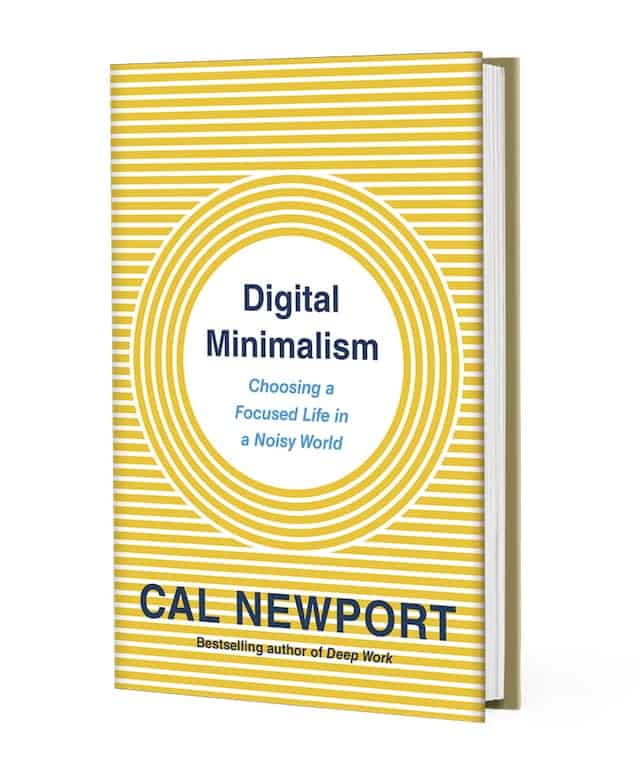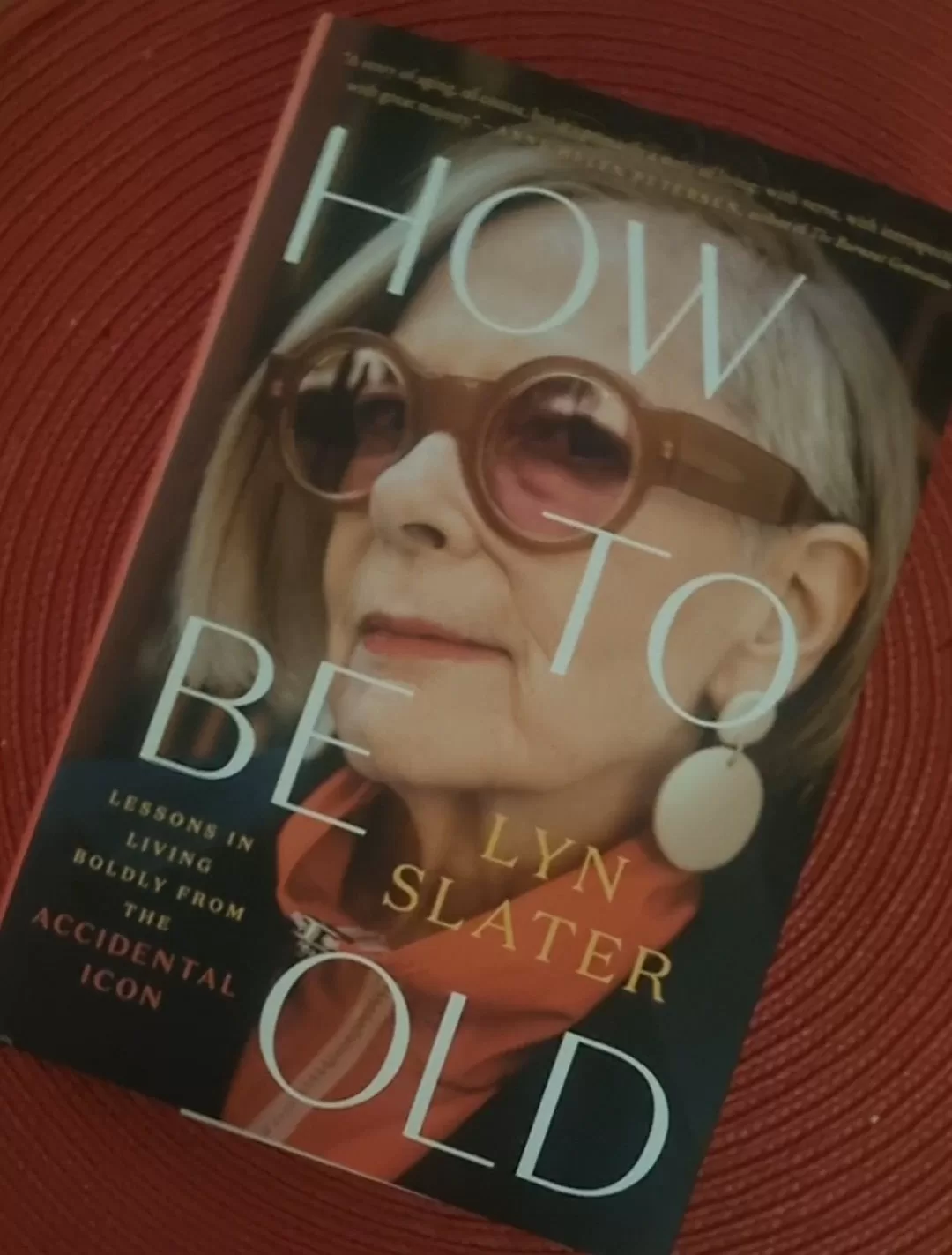My journey with eating meat has been a rather unusual one. Red meat has always disgusted me since I was a young child and besides a year or two where I went through a chicken pot pie and chicken tenders phase, white meat wasn’t particularly enticing either. Due to this, I stopped eating meat in my early teens, save for the occasional bacon, egg, and cheese sandwhich.
While I thought that my disgust toward meat was just a strange quirk, researchers from the University of Exeter actually found that 7% of meat-eaters experienced some sort of meat disgust when looking at images of prepared meat dishes. This indicates that meat disgust may be a more widely occurring phenomena than previously thought, especially amongst people who regularly eat meat. Researchers even suggest that those who are looking to cut back on their meat consumption could attempt to harness this disgust to help them to avoid meat.
However, during my college years, I had the opposite problem. After self-diagnosing my constant exhaustion as a nutritional problem, I started to force myself to eat poultry to up my protein intake. I found that if I sufficiently avoided thinking about what I was eating, I could make it work. On the upside, I did find that I had much more energy than previously. I also discovered that I did enjoy eating salmon and fried fish which had similar protein benefits.
At the same time as I was exploring new protein sources, more and more people were talking about the environmental reasons not to eat meat. Studies show that livestock production contributes to greenhouse gas emissions, water pollution, and the large amounts of water needed to sustain livestock can also lead to water scarcity. Notably, the “livestock industry… [contributes] between 12% and 18% to the total GHG emissions.”
Still, these arguments didn’t really convince me. I ate far less meat than other people I knew and I also didn’t eat any red meat which most of these activists focused on. I also took care to do other things to protect the environment: buying clothes second hand, using a reusable water bottle, not owning a car, etc. Additionally, I had read that individual responsibility for climate change was largely a technique used by corporations to escape responsibility. So, while I tried to not be overly wasteful, I didn’t truly believe my actions would have much impact.
In recent years there has also been efforts to make meat production more environmentally sustainable. For example, ABC News reports that the rise of python farming could offer more sustainable meat options. The article touts the advantages of pythons noting that they can survive upheavals to their environment, require little food, and reproduce quickly. If Westerners can be convinced to consume python meat– which reportedly looks a lot like chicken filets once processed, then the meat may become an important and more sustainable fixture of western diets.
However others caution that breeding pythons in captivity could cause concerns for conservation efforts. The shift to more durable and less high-maintenance livestock also would fail to solve another problem with the meat industry, factory farming.
I was introduced to the cruelties of factory farming by a friend who was the first person to give me that answer when I asked why he was vegan. Some months later, with lots of time on my hands, I decided to look into it myself.
Perhaps the most famous voice against factory farming today is the philosopher Peter Singer. Peter Singer is the author of Animal Liberation, a book published in 1975 that was quite ahead of its time. In 2009, he released an update to this book entitled, Animal Liberation Now, which is the version of the book that I read. The preface states, “This book advocates a new ethic for our relations with animals that starts from the premise that they are sentient beings, with lives of their own to live, who have done nothing to deserve the suffering we inflict on them.”
In chapter three, Singer focuses on factory farming and argues that it is by far the largest source of animal mistreatment. He tells the story of how the agricultural industry shifted from small family run farms to being dominated by big corporations focused on profit over animal welfare. Singer writes about such horrors as chickens bred for their meat having less than half a square foot of space per bird with litter that has not been changed for several years. The dirty litter increases the levels of ammonia in the air to the extent that chickens develop respiratory problems, sores, and some even go blind. Conditions are so bad that 5.3% of birds do not even survive the 45 days of growth needed before reaching market weight and being slaughtered. This mortality rate does not lead to sufficient profit loss to incentivize farmers to be more humane.
Singer goes into much greater detail and includes just as, if not more, horrifying information about conditions for other animal industries including fishing as well as the egg and dairy industries. He ultimately concludes that the ethical response to this type of inhumane farming is to stop eating animal products. I recommend reading his book if you are skeptical or looking to explore his argument more including his exploration of the sustainability of animal products which I did not get into here. For those who want to learn more about his argument but don’t feel like committing to an entire book (or want to be spared some of the worst details), he also includes a series of succinct essays on animal welfare in another one of his books, Ethics in the Real World.
I once saw a tweet or a meme, I can’t remember and can’t seem to find it now, that said something to the effect of, “adulthood is standing in the egg aisle deciding how ethical you can afford to be today.” Of course, Singer would advocate for not standing in the egg aisle at all. He does however, provide guidelines for some things to look out for if you do decide to purchase eggs. He argues that consumers should look for the words “free-range” or “pasture raised” on egg cartons before purchasing and to look further into the brand’s stocking density of birds per acre.
From my reflections on this, I have decided to become fully vegetarian but I haven’t given up dairy or eggs, though I do try to buy free range or cage-free eggs and reduce my dairy intake by buying oat milk rather than cow’s. I’ve realized that with a little more focus on incorporating non-meat protein sources into my diet, I can still get the benefit of increased energy without needing to eat meat. I acknowledge that perhaps it is easier for me since I find meat a bit gross and so have not really missed it in the little over a year that I have completely cut it out. And maybe this is also a cop-out in a way since becoming vegan would actually pose a challenge to me and it could be for that reason that I have come to avoid it.
I do think that being vegan is likely the most ethical option and I admire those who keep to it. But I also think that it is impossible to be entirely ethical in society no matter how hard we try. A few years ago an article appeared in the Guardian which exemplified this difficulty. Its title: “Almonds are out. Dairy is a disaster. So what milk should we drink?” Instead of trying to be perfect, I think we have to give ourselves (and others) grace to attempt to be the most ethical we can be in our consumption of food and other commodities while also realizing that we probably can’t boycott every single item with negative impacts on something and likely don’t have the time to thoroughly research every item and brand at the grocery store.
For me, I find that being vegetarian over vegan makes it much easier to reach the amount of protein I need through greek yogurt, which I eat nearly every day, and eggs, which are as easy to cook as they are nutritious. It also makes it much easier to eat at restaurants or at other people’s houses where it may not be clear if there are dairy or eggs in a dish but it is usually abundantly obvious if there is meat. These factors make vegetarianism a much more sustainable lifestyle for me which also means I’m more likely to stick to it in the long term. However, if anything, examining this aspect of life which many take for granted and never give alot of critical thought, has made me more open to changing my lifestyle in the future based on new evidence and arguments or re-examining old ones.
Whether you eat meat or not, we can all still advocate for policies which ban the worst of the factory farming industry’s inhumane practices and support organizations who do so.
So what about you? Are you all in for being vegan, choose to be a vegetarian, or continue to eat meat? Why?






One response to “Do we have to be vegan to live an ethical life?”
[…] Sunday, I wrote about the ethics of eating meat and other animal products. For Part II, I am diving into the ethics of buying other products made from animals including […]